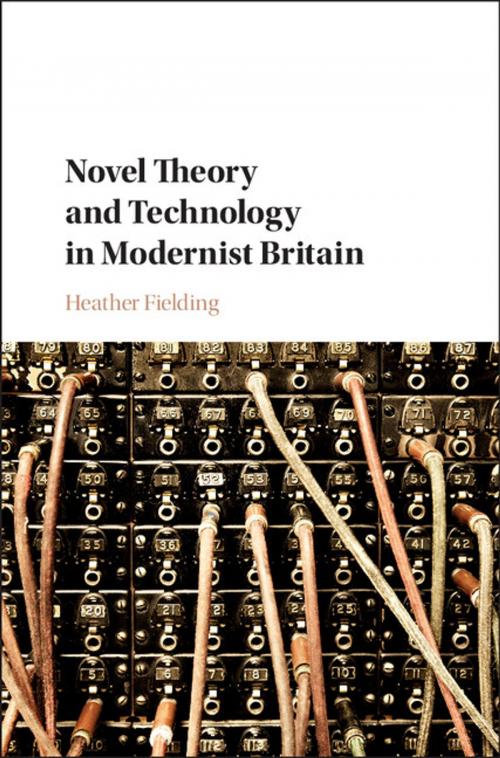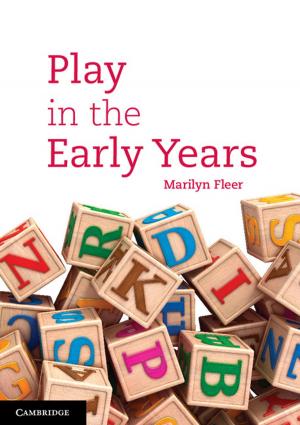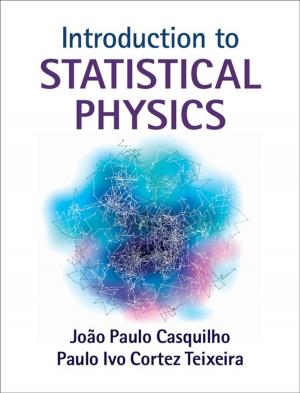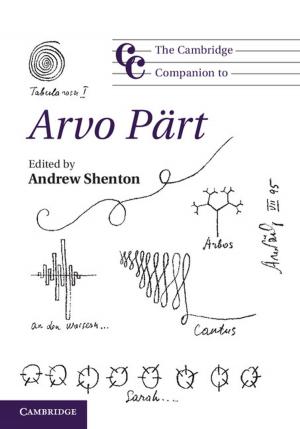Novel Theory and Technology in Modernist Britain
Fiction & Literature, Literary Theory & Criticism, British, Theory| Author: | Heather Fielding | ISBN: | 9781108629294 |
| Publisher: | Cambridge University Press | Publication: | April 30, 2018 |
| Imprint: | Cambridge University Press | Language: | English |
| Author: | Heather Fielding |
| ISBN: | 9781108629294 |
| Publisher: | Cambridge University Press |
| Publication: | April 30, 2018 |
| Imprint: | Cambridge University Press |
| Language: | English |
Modernism reshaped novel theory, shifting criticism away from readers' experiences and toward the work as an object autonomous from any reader. Novel Theory and Technology in Modernist Britain excavates technology's crucial role in this evolution and offers a new history of modernism's vision of the novel. To many modernists, both novel and machine increasingly seemed to merge into the experiences of readers or users. But modernists also saw potential for a different understanding of technology - in pre-modern machines, or the technical functioning of technologies stripped of their current social roles. With chapters on Henry James, Ford Madox Ford, Wyndham Lewis, and Rebecca West, Novel Theory argues that in these alternative visions of technology, modernists found models for how the novel might become an autonomous, intellectual object rather than a familiar experience, and articulated a future for the novel by imagining it as a new kind of machine.
Modernism reshaped novel theory, shifting criticism away from readers' experiences and toward the work as an object autonomous from any reader. Novel Theory and Technology in Modernist Britain excavates technology's crucial role in this evolution and offers a new history of modernism's vision of the novel. To many modernists, both novel and machine increasingly seemed to merge into the experiences of readers or users. But modernists also saw potential for a different understanding of technology - in pre-modern machines, or the technical functioning of technologies stripped of their current social roles. With chapters on Henry James, Ford Madox Ford, Wyndham Lewis, and Rebecca West, Novel Theory argues that in these alternative visions of technology, modernists found models for how the novel might become an autonomous, intellectual object rather than a familiar experience, and articulated a future for the novel by imagining it as a new kind of machine.















